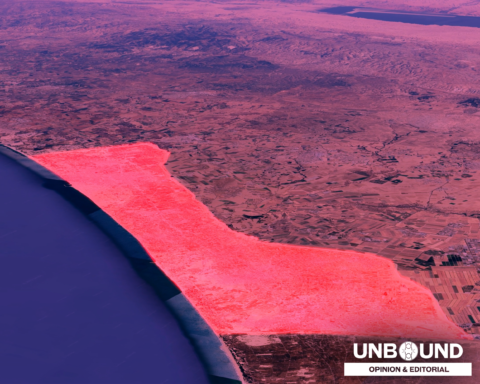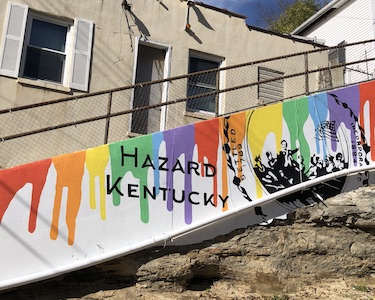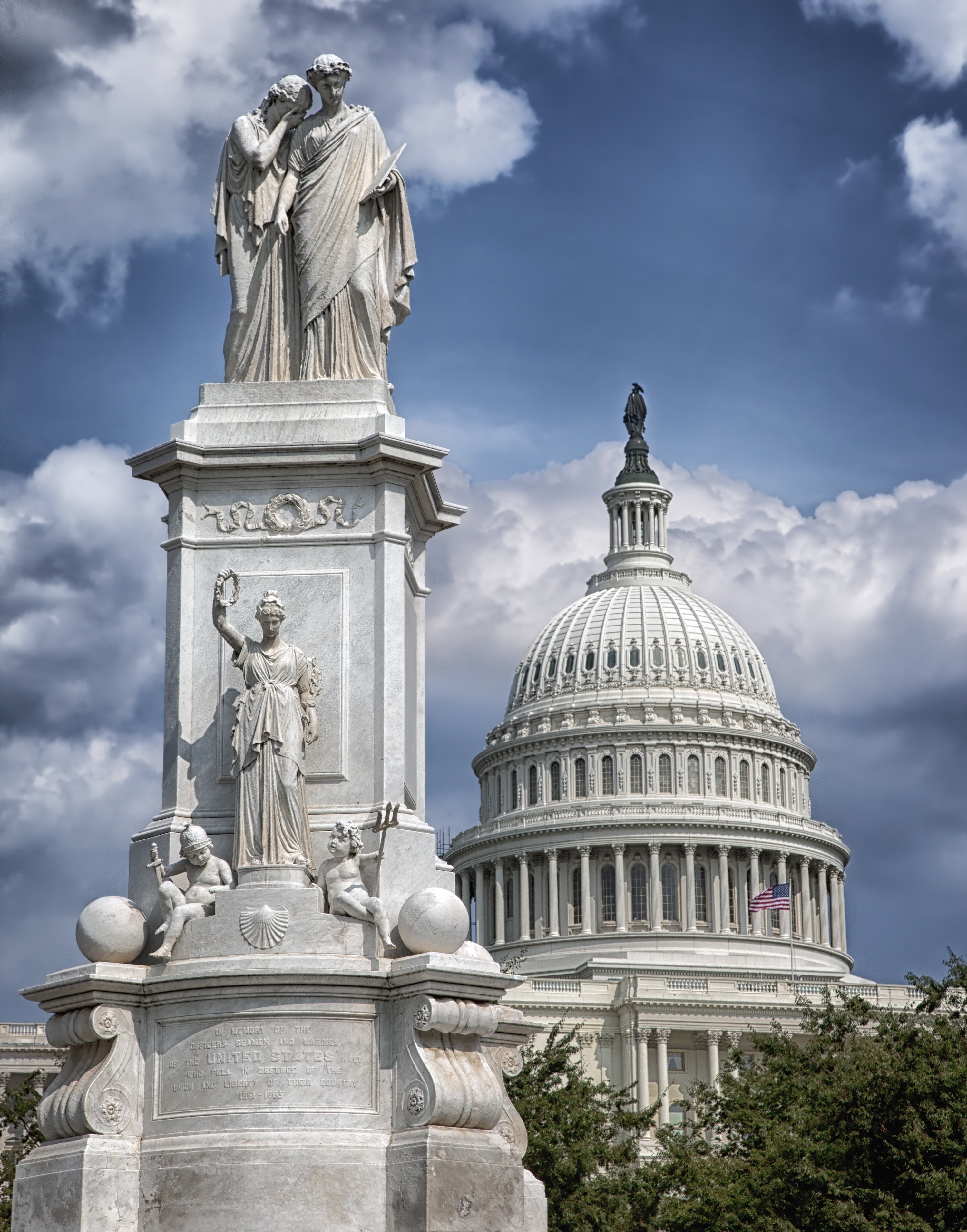How do Presbyterians see today’s Jerusalem in light of the Bible’s witness?
This call for sermons is exerpted from ACSWP’s triannual newsletter, Salt & Light. Sign up here to receive those updates.

As part of a study of Jerusalem approved by the 2018 General Assembly, the Advisory Committee on Social Witness Policy (ACSWP) and the Racial Equity Advocacy Committee (REAC) are announcing a church-wide call for sermons on the meaning of Jerusalem for Christians today. The text of the call is provided below.
ACSWP Co-Chair, Rachael Eggebeen, noted that the Assembly acted, “mindful of the unique spiritual and religious significance of Jerusalem to Christians, Jews, and Muslims and of the need for free unfettered access to Jerusalem’s holy sites,” and that this gathering of sermons would be “an unprecedented way to gauge that significance for Presbyterians.”
Ms. Eggebeen, a public school teacher who holds a degree in Islamic Studies, stated that other means would be used as well to assess current Jewish and Muslim thinking about the city. Co-Chair Steven Webb, an economist who previously participated in a study of the prospects for a “two-state” solution for Israel and Palestine, underlined the hopes for and threats against peaceful co-existence of the three Abrahamic faiths in the holy city. ACSWP decided upon the sermon call at its November meeting at San Francisco Theological Seminary. Raafat Girgis, liaison from REAC at the ACSWP meeting, affirmed that “the strong theological dimension from the sermons should reinforce the study’s intent at a time when the Palestinian Christian voice is under pressure.” Rev. Girgis, an Egyptian-American, is also a member of the Presbyterian Church (U.S.A.)’s Arab-American caucus.
JERUSALEM AND WHAT IT MEANS FOR CHRISTIANS TODAY: A CALL FOR SERMONS BY ALL PRESBYTERIAN PASTORS.
As Christmas approaches, Christians around the world will pray for the peace of Jerusalem. Psalm 122 is a part of the Common Lectionary for the Year C cycle of Advent readings. Many Christians will reflect on Jerusalem and Bethlehem as reflected in the stories of Jesus’ nativity, and many pastors will touch on other references to Jerusalem in Old and New Testaments. This Spring, a different set of Jerusalem references may be made in the season of Lent, when the mature Jesus of Nazareth makes his final journey to Jerusalem and weeps as he approaches the city. The culmination of that trip is celebrated as Holy Week, with the capstone of Easter.
Between this Advent and Easter, April 21, 2019, the Advisory Committee on Social Witness Policy (ACSWP) and the Racial Equity Advocacy Committee encourage all Presbyterian pastors to preach on the meaning of Jerusalem. With the help of a team of readers, the most notable sermons will be identified in several categories. But this is not a contest or competition. Rather, it is a means of discerning the mind of the church and of understanding the message of our pulpit generally toward that actual and symbolic city. Following an action by this June’s General Assembly, we seek to understand and report back how Presbyterian pastors see today’s Jerusalem in light of the Biblical witness. All pastors sharing sermons preached on Jerusalem up to Easter, 2019, will receive a small gift for public display to symbolize their participation and that of their congregations.

The resolution on the status of Jerusalem, passed by the General Assembly of the Presbyterian Church (U.S.A.) on June 23, 2018, can be found online at https://www.pc-biz.org/#/search/3000278. While the church action followed the opening of the new US embassy in Jerusalem on May 12, 2018, the proposal was written months before, looking at longer term trends, and calling for careful study of the facts on the ground. As the new US Embassy was unveiled in Jerusalem to cheers from Israeli and US political leaders, 58 Palestinian protesters were killed by Israeli troops and at least 1200 others wounded, a process that has continued with lower numbers since Spring, especially at the border of the Gaza Strip. This call for sermons is not to minimize the current suffering and security threats in Jerusalem and elsewhere in Israel and Palestine, but to ask what the holy and contested city means to our faith today.
The 2018 resolution recalls the original intention of the United Nations in 1948 for a shared, international Jerusalem where the three Abrahamic faiths could co-exist in peace. A 2010 General Assembly Middle East resolution also affirmed that vision (which included Bethlehem with Jerusalem), and reviews Biblical texts about Zion and the land of Israel, (pages 7-15). A 2016 General Assembly study provides more detail on the process by which Jewish historical sites are highlighted in the city’s on-going development (See p. 45, note 12, and prior pages 4, 11, 22, and 38).
Pastors wishing to submit sermons are encouraged to do so in pdf form via email to [email protected]. If you can commit to your participation ahead of time, please let us know! Transcriptions must be sent to us for the sermon to be considered.
Note: One example of a group focusing on sermons in this area is The Israel Palestine Mission Network of the PC(USA). They have pioneered sermons that wrestle with the nuances of preaching biblically on the current justice issues between Israelis and Palestinians. This call for sermons focuses specifically on the significance of Jerusalem.
***






Unbound Social